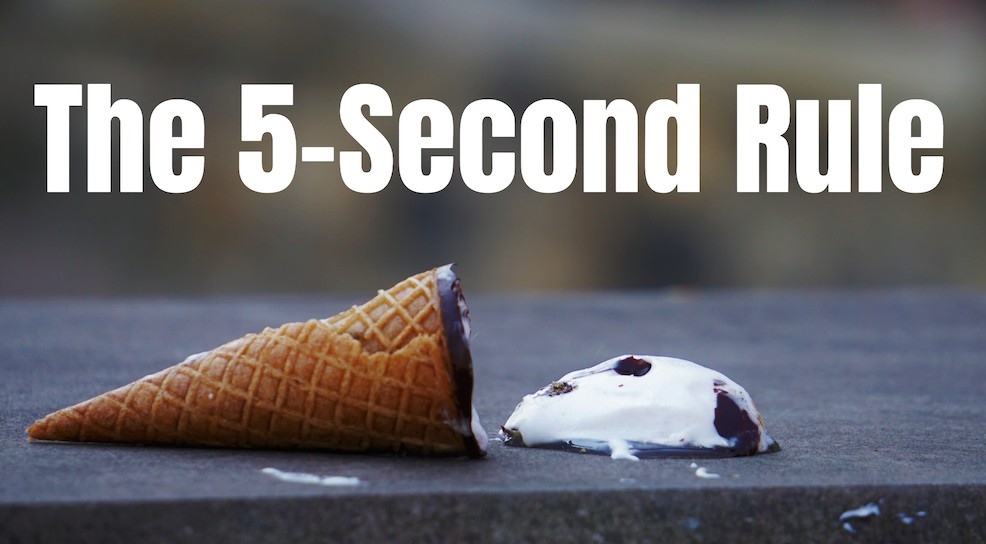The popular five-second rule—claiming food is safe if picked up quickly after falling—is scientifically flawed. Researchers confirm bacteria can transfer instantly upon contact, especially on moist foods and dirty surfaces. Experts urge caution, emphasizing hygiene over haste when it comes to dropped edibles.
The myth that won’t die
Whether it’s a cookie, chip, or slice of pizza, many people swear by the five-second rule: if food hits the floor and is retrieved within five seconds, it’s still safe to eat. But scientists say this long-standing belief is more wishful thinking than microbiological truth.
According to studies from the University of Alabama at Birmingham and Clemson University, bacteria can transfer to food the moment it touches a contaminated surface. Moisture, surface type, and food texture all play a role in how quickly and severely contamination occurs.
What the research reveals
Dr. Jessica Scoffield, associate professor of microbiology at UAB, explains that moist foods like watermelon or pasta are especially vulnerable, as they attract and retain bacteria more easily. Dry foods may fare slightly better, but they’re not immune. Even clean-looking floors can harbor harmful microbes invisible to the naked eye.
Clemson University’s Creative Inquiry team, led by Dr. Paul Dawson, conducted hands-on experiments to test the rule. Their findings? Bacteria transfer happens instantly, and the five-second window offers no meaningful protection. The team also explored other food myths, such as double-dipping and drinking from containers, highlighting how casual habits can pose real risks.
Key findings from food safety studies
- Bacteria can transfer to food immediately upon contact with a surface
- Moist foods are more susceptible to contamination than dry ones
- Surface cleanliness and texture affect bacterial transfer rates
- The five-second rule offers no scientific safety buffer
- Even brief contact with contaminated surfaces can pose health risks
- Researchers advise discarding dropped food, especially in public spaces
- Other food myths like double-dipping also raise hygiene concerns
Better safe than sorry
While the five-second rule may offer comic relief or nostalgic comfort, science says it’s best to skip the snack and prioritize safety. Dropped food, especially in shared or outdoor environments, should be considered contaminated. When in doubt, toss it out.
Sources: India Today, UAB News, Clemson University

